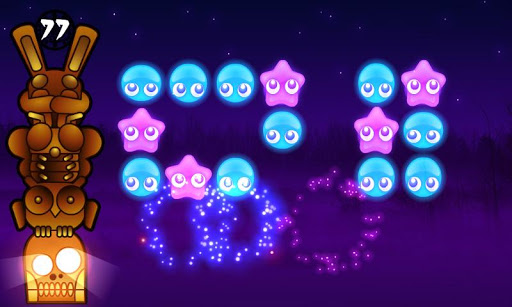

There was a scene where Ohno and Nakai from SMAP were “arguing”. For those of you who know Arashi, this would be a great example. In terms of politeness, it’s pretty low, so use this only for the people you know won’t be offended by it. So basically, you usually should only use this if you’re really close to them, regardless whether they are a boy or a girl, younger or older. It is also usually, but not necessarily, reserved for girls because it makes them sound cute. ~chan is a suffix used as a term for endearment. Contrary to what some people believe, especially those who typically watch anime and can now recognize and use some Japanese words but don’t have a complete understanding of its essence (just like how I was before I took Japanese class), these honorific suffixes technically have no implications of the person’s gender. * ~san- Is an honorific suffix that does not imply any component of gender. The “u” at the end is silent, and that goes for desu as well, although some girls would strongly enunciate the ‘u’ at the end to sound more feminine and cute. I guess some people would find it somewhat difficult to pronounce a word that ends in “ou” without making it sound like “o-ha-you (as in English ‘you’. Some people would write ‘ohayoo’, which is not wrong, per se, but that’s not exactly how you would write it in hiragana. Japanese language is in a Subject Object Verb position. *In English, our sentences are constructed in a Subject Verb Object position. They then talk about Ohno’s class, whether it’s fun and interesting, and then both goes on their own ways. Because Ohno is inquiring about Ninomiya’s health, he exalts him and uses the honorific prefix “o”, and when Ninomiya answers, in order not to put an honorific on himself, drops the “o”. Like tenki, genki is a word by itself, which means “good”. Ninomiya does not say ogenki because he is talking about himself. (Yes, thank you for asking, I‘m alright.)

Tenki by itself means weather, but when talking to someone, depending on who it is, you most probably would want to be polite and put the honorific O in the front. This is because the “O” before a word makes it polite. If you did or did not notice, I put the “O” in () when I wrote (o)tenki. In English, our fixed set phrase would be “How are you?“ “I’m fine, thank you.“ In Japan, it’s to inquire about the weather and then ask the other person’s well being.

In Japan, being a small island, weather is highly important, so it’s natural for them to inquire about the weather as a conversation starter. They of course begin by greeting each other good morning, and then moves on to ask about the weather. Ninomiya and Ohno met by chance, let’s say, on a train. Ninomiya: Yes, thank you for asking, (I’m all right). Ohno: How are you? (literally, “Are you well?”

Ninomiya: It really is a nice day, isn’t it? They’re just so cute, I couldn’t help myself. These two dashing people are Ohno and Ninomiya from the awesome boy band Arashi. Thank you everyone who commented!Īt any rate, moving on. I just didn’t expect a lot of people to read this and say that they actually learned a lot I’m so happy…. Alright! After a long break, I finally updated! I’m sorry it’s been so long.


 0 kommentar(er)
0 kommentar(er)
